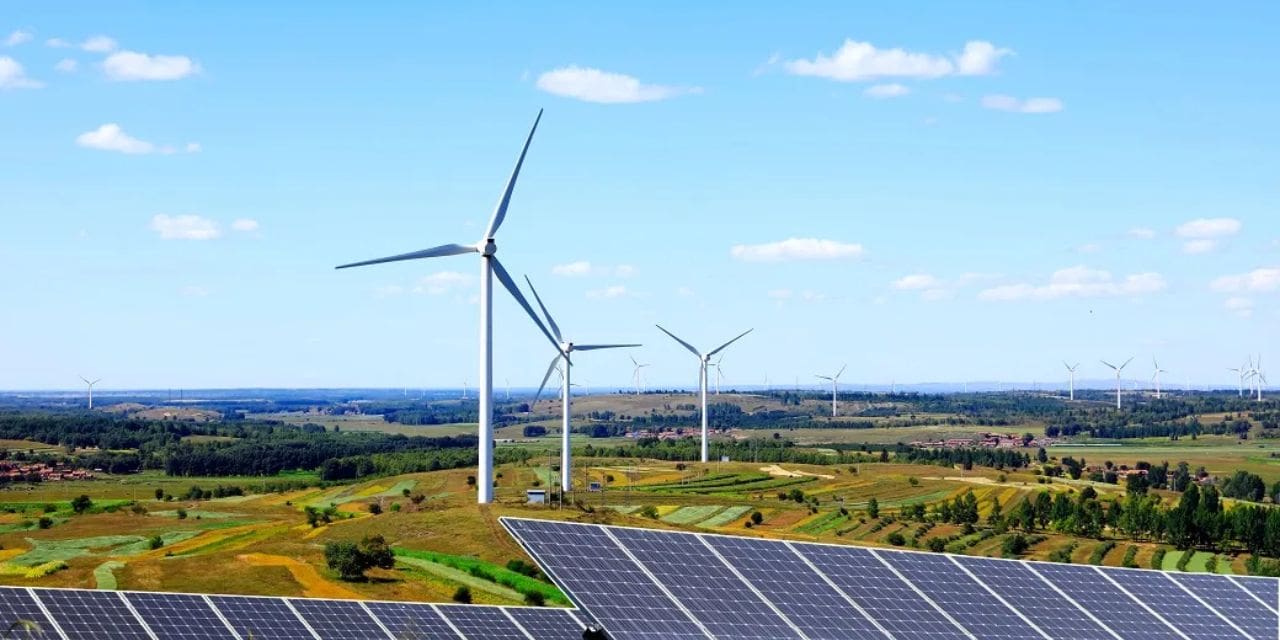Italy needs to diversify its energy supply and accelerate the deployment of renewables to pursue the new targets of the European Union’s (EU) Fit for 55 package and adjust to the disruptions caused by the energy crisis, as per the International Energy Agency (IEA). While the country has vast natural resources suited to renewables and an industrial base that can drive the phase-out of fossil fuels, the deployment of clean energy technologies has remained relatively slow over the last decade.
Italy is on track to meet its national emissions reduction and energy efficiency targets for 2030, but further efforts are needed to meet the EU-wide goal of reaching climate neutrality by 2050 as set out in the European Green Deal, the IEA policy review noted.
Electricity generation from renewables in Italy more than doubled between 2005 and 2020, but most of this growth occurred in a five-year period, bolstered by generous incentives for solar PV. Since then, lengthy permitting procedures, high administrative costs, availability of land, and local opposition have hampered new installations. Reforms made during 2022 and the planned adoption of a new regulatory framework are already addressing these bottlenecks.
Italy is heavily reliant on natural gas for both heating and power, with imports making up the lion’s share of its demand. In response to Russia’s invasion of Ukraine, the Italian government has committed to phasing out gas imports from Russia, its single largest supplier, by 2025. As a result of investments made over the last decade to diversify gas supply routes, including through the Middle East and North Africa, Italy was able to quickly transition away from Russia. However, Italian gas demand is expected to remain strong and likely to increase further in the short term as new gas-fired plants for electricity production come online.
The energy demand reduction from buildings is the result of various policy measures, especially the super bonus scheme that offers tax reductions for expenses incurred improving the energy efficiency of buildings. While the scheme has been successful in delivering energy savings, not all socio-economic groups have been able to benefit from it to the same degree. The IEA report recommends that Italy consider implementing tailor-made energy efficiency policies and instruments that successfully address the energy needs of the most vulnerable segments of the population.
Reducing energy poverty is a key policy concern in Italy, and that focus has intensified in the current era of high energy prices. Italy is implementing several policy measures to improve affordability across the board, but there is scope for more targeted interventions. Raising consumer awareness of the relationship between energy consumption and costs is also needed and could be achieved through increased deployment of smart meters and a greater focus on system flexibility—two areas where Italy has already made substantial progress.
The IEA suggested that Italy will need to make additional efforts to meet the EU’s more ambitious Fit for 55 package, which is yet to be agreed but will include new targets for 2030.
IEA executive director Faith Biro said: “Italy has made important strides in energy efficiency, helping to improve its resilience to shocks like the global energy crisis and also to advance its strategy for reducing emissions. Accelerating the deployment of renewables and other clean technologies while strengthening energy efficiency further will be essential for making greater progress on energy security and decarbonisation at the same time.”

